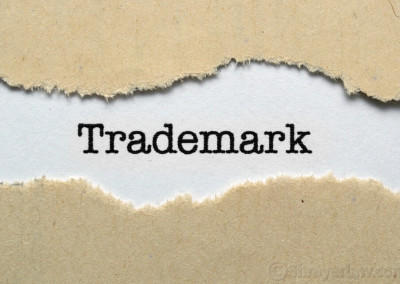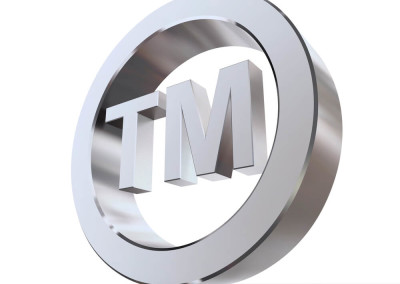Trademark rights are essential in protecting your business.
In 2015, the Shrayer Law Firm received an $800,000.00 judgment against a counterfeiter in the Southern District of Florida after filing a lawsuit for trademark infringement. In both instances, permanent injunctions were also issued, which prevented the Defendants from ever again engaging in the infringing conduct. Attorney Shrayer worked closely with United States Customs and Border Protection and Homeland Security Investigations to have counterfeit products seized upon their importation into the United States. Subsequently, the firm prosecuted the importer in United States District Court in the Eastern District of Michigan and was awarded a $600,000.00 judgment and a permanent injunction on behalf of its clients against the importer.
The Shrayer Law Firm also helps businesses register their intellectual property rights with the United States Patent and Trademark Office. Trademark rights arise in one of two ways: either by filing a mark with the United States Patent and Trademark Office based on a bona fide intent to make use of the mark on a product or in association with a service that will soon be offered to the public, or by actually using the mark in commerce on a product or in association with a service.
Under the federal law, an application for registration may be filed based on actual use of the mark or a bona fide intent to use the mark in commerce. The filing date of an application with the United States Patent and Trademark Office to register a trademark or service mark which the applicant intends to use on a product or in association with a service establishes a date of constructive use of the mark. The act of filing the application, therefore, through constructive use, can create a nationwide priority of rights in the mark against any other person who subsequently adopts the same or a confusingly similar mark.
The federal registration will be issued only after the applicant has made actual use of the mark on the goods or in association with the service that it claims to have intent to use when the filing takes place. When use is made and the federal registration issues, the owner’s rights in the mark are superior to all who have adopted the same or a similar mark for the same or a similar product or service subsequent to the filing date of the owner’s application. Obtaining a federal registration has significant advantages. Among these advantages are the following:
Advantages to Federal Trademark Registration:
2. Registration is constructive notice; it prevents acquisition of common law rights by innocent adoption and use of the same or a similar mark by another.
3. A certificate of registration creates a legal presumption and is sometimes conclusive evidence of the registrant’s right to exclusive use of the mark and the validity of the mark’s registration.
The use of the registration symbol with a mark indicates that it is federally registered. The symbol TM is often used with unregistered trademarks to give notice to the public that the user is staking out a claim in the symbol as a trademark, but such use is optional.
Since trademarks and service marks can be licensed, they are a primary basis for the franchising industry in the United States. The public comes to learn to expect a certain quality standard from every facility, a fast food restaurant chain for example, that bears the same name or service mark. As long as the mark’s owner maintains the same quality standards for each of the facilities bearing its name, it can license the use of the name to many people.











